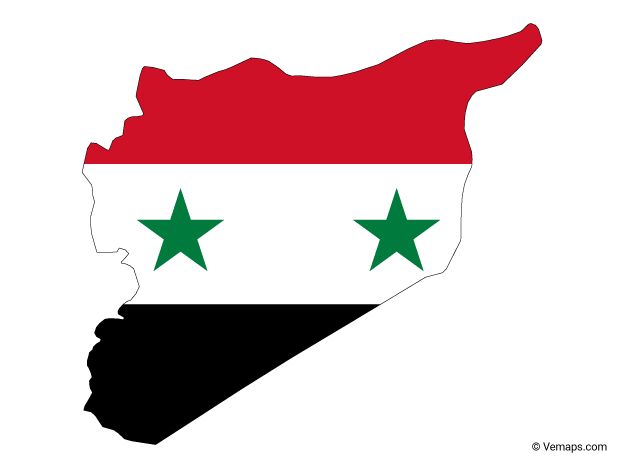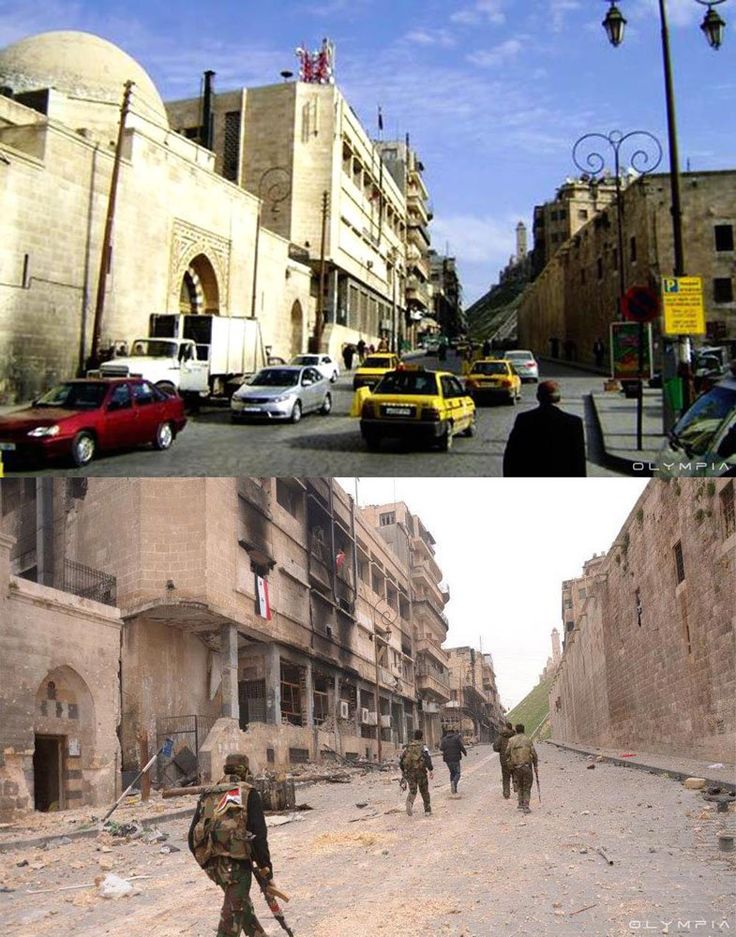
Table of Contents

Syria: A Land of Heritage, Conflict, and Resilience
Introduction
Syria, a country situated in the heart of the Middle East, has long been a cradle of civilization. From its ancient cities that bear witness to millennia of history to its modern-day struggles, Syria remains a nation of immense cultural and geopolitical significance. Known for its pivotal role in the ancient world, Syria’s narrative today is one of both profound historical richness and immense hardship due to ongoing conflicts. This article delves into Syria’s historical importance, its descent into civil war, and the resilience of its people amidst unprecedented challenges.
A Cradle of Civilization
Syria’s history stretches back thousands of years, making it one of the world’s oldest inhabited regions. The city of Aleppo and the capital, Damascus, are among the oldest continuously inhabited cities on Earth. Ancient empires, such as the Akkadians, Babylonians, and Assyrians, thrived on its fertile lands.
The crossroads of trade routes, Syria served as a melting pot of cultures, religions, and ideas, playing host to Aramaeans, Greeks, Romans, and Byzantines.
The legacy of these civilizations can be seen in remarkable UNESCO World Heritage Sites, such as the ancient city of Palmyra, a vital hub of trade and culture during the Roman Empire.

The Rise of Modern Syria
In the 20th century, Syria transitioned from being part of the Ottoman Empire to a French mandate after World War I. The struggle for independence culminated in 1946, when Syria gained sovereignty. However, the journey of modern Syria was fraught with political instability, coups, and authoritarian rule.
The Ba’ath Party’s rise to power in 1963 set the stage for a single-party rule that continues to shape Syria’s political landscape.
Hafez al-Assad’s ascent to power in 1970 marked the beginning of an era defined by strong centralized control. His policies laid the foundation for the rule of his son, Bashar al-Assad, who assumed the presidency in 2000.
The Syrian Civil War: A Nation in Turmoil
Syria’s modern history took a dark turn in 2011 during the wave of Arab Spring uprisings. Protests against Bashar al-Assad’s government escalated into a brutal civil war, drawing in regional and global powers. Over a decade of conflict has left the country in ruins, with over half a million deaths and millions displaced.
The war’s complexities are rooted in political, sectarian, and international dynamics.
The involvement of groups like ISIS, as well as the geopolitical interests of the United States, Russia, Iran, and Turkey, have turned Syria into a battleground for competing agendas.
Cities like Aleppo and Raqqa have suffered immense destruction, and the humanitarian crisis is among the worst globally. Refugees fleeing violence have sought asylum in neighboring countries and beyond, reshaping regional and global migration policies.
Resilience Amidst Adversity
Despite the devastation, the Syrian people continue to demonstrate remarkable resilience. Communities have found ways to survive amid ongoing violence, food shortages, and displacement. Non-governmental organizations and international aid agencies are providing crucial support, though challenges persist in delivering aid to some of the most affected areas.
Syria’s diaspora has also played a vital role in keeping the country’s spirit alive. Syrian artists, writers, and academics in exile have worked tirelessly to preserve their heritage, documenting the country’s history and advocating for peace.
A Glimmer of Hope?
As the conflict enters its second decade, some regions have seen relative stability, raising hopes for eventual reconstruction and reconciliation. However, rebuilding Syria will require significant international cooperation and a long-term commitment to addressing the root causes of the conflict
Reconstructing destroyed infrastructure, revitalizing the economy, and fostering political reforms will be monumental tasks.
Moreover, justice and accountability for war crimes committed during the civil war remain central to achieving lasting peace.

Conclusion
Syria stands as a poignant example of the complexities of history and geopolitics. From being a beacon of ancient civilization to its current state of conflict, the country’s narrative is a testament to the enduring spirit of its people. As the world watches and engages with Syria’s ongoing struggles, there remains hope that the nation will once again rise from its ashes, reconnecting with its storied past and rebuilding for a more stable future.
For more information visit : Learn More About Syria
